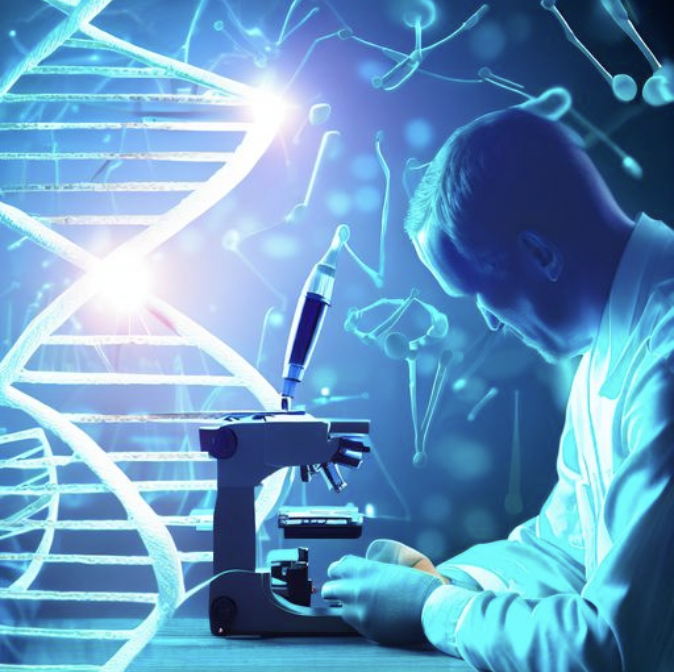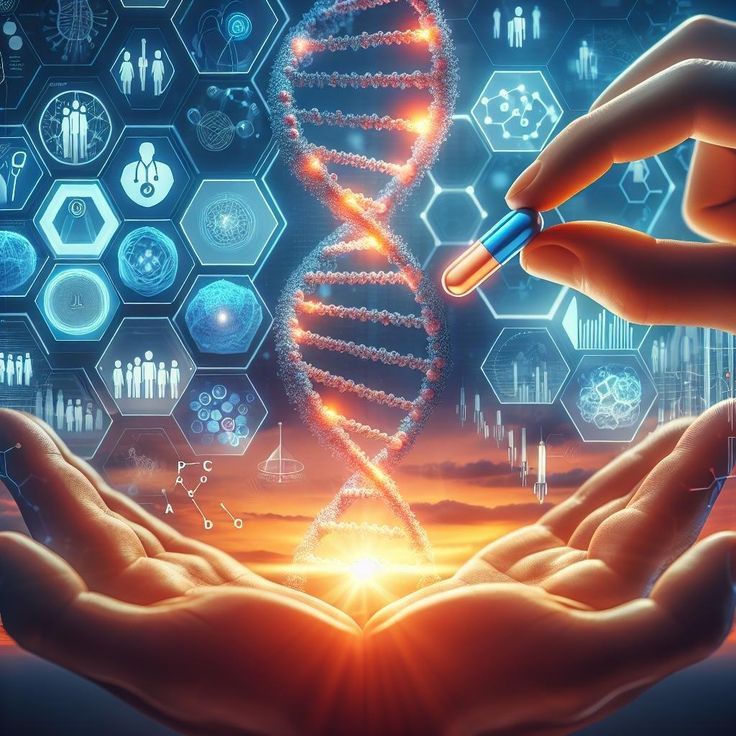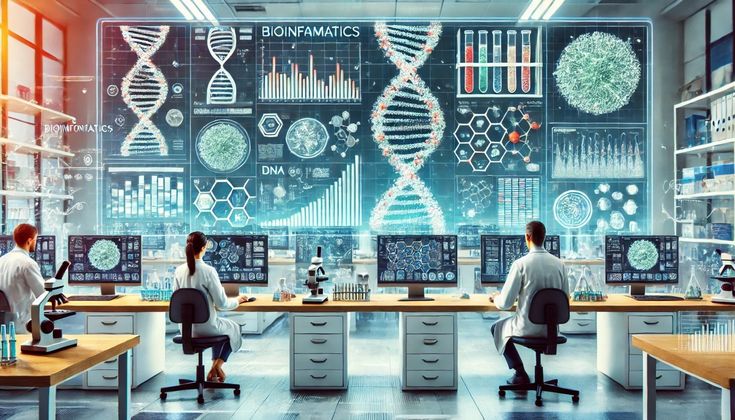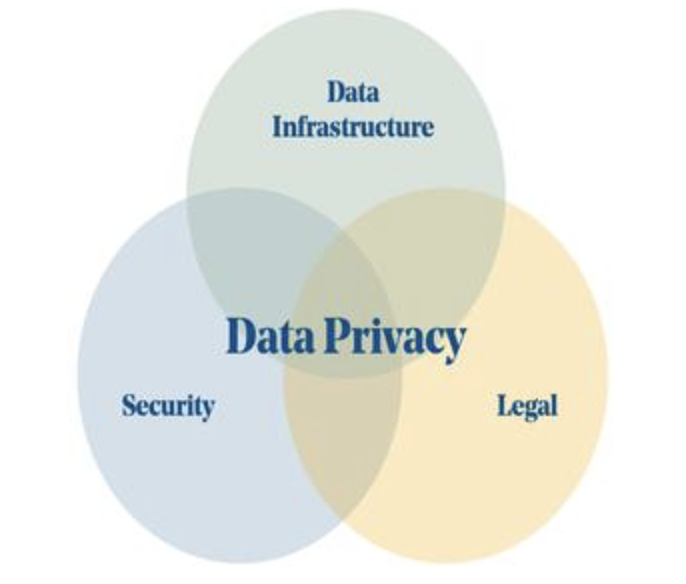The ultimate gamble of gene editing
Today, at the intersection of medicine and science and technology, gene editing is like a sharp scalpel, hanging over the neck of genetic diseases. Scientists pose a tempting question: if we can accurately correct the mistakes and omissions of DNA, can we completely eradicate the genetic diseases that plague human generations? It sounds like the beginning of a science fiction novel, but it has been truly written into the daily life of the laboratory.

The root of genetic diseases is often a tiny genetic mutation, just like a typo in a super complicated manual, but it is enough to make the machine completely inoperable. Gene editing technology, especially the famous CRISPR tool, is like an editor with an eraser and correction fluid, who can easily find mistakes and correct them. In theory, if these mistakes are fixed in the embryonic stage, human beings may never have to face such desperate diseases as hemophilia, muscular dystrophy and cystic fibrosis again.
However, things are not just as simple as "finding typos and getting rid of them". DNA is like a multi-layer encrypted book, with chapters interlocking with each other. Editing one of the words may trigger a chain reaction elsewhere, just like correcting a paragraph, but it leads to the imbalance of the whole novel. Scientists are worried about the so-called "off-target effect", that is, gene editing tools accidentally modify the correct genes when correcting mistakes, thus causing new diseases. This kind of risk brings a little dangerous flash to the dream of "completely eliminating genetic diseases".

The deeper question is, what kind of genetic change is "repair" and what kind of change is "transformation"? If genetic diseases can be eliminated, can children be smarter, taller and stronger by the way? It is difficult for human desires to be strictly restrained, and once gene editing moves towards the direction of "enhancing human beings", the boundary between medicine and ethics will be blurred, and new inequalities may arise in society.
Despite this, the scientific community has not stopped. Some breakthrough cases have shown that gene editing can effectively improve the symptoms of patients with genetic diseases. For example, by modifying hematopoietic stem cells, scientists have successfully restored the blood of some patients with sickle cell anemia to normal function. This kind of achievement makes people see the hope of gene editing from laboratory to clinic, but it is still "treatment" rather than "elimination". The real "zero genetic disease" is still far away, because the diversity of human gene pool is extremely huge, and every change is like pulling a silk thread in a tangled spider web, and no one can fully predict the result.

Perhaps, we should not regard gene editing as a master key, but more like a carving knife that is gradually polished. It can help mankind to gain the upper hand in the game with genetic diseases, but it still needs scientific caution and time precipitation to completely eliminate the distance. The future picture may not be a world completely free of genetic diseases, but a world in which genetic diseases are gradually tamed, controlled and even softened.
Whether gene editing can eliminate genetic diseases may not be a simple "yes" or "no". It is more like a protracted gambling game, in which human beings bet on their own future, and the chips are the wisdom and moral persistence of scientists. The final outcome depends not only on how far technology can go, but also on whether we can find a balance between desire and rationality. This is a contest about fate and a test about human nature. Perhaps genetic diseases will not disappear completely, but human beings will eventually redefine health, life and evolution itself because of this challenge.
(Writer:Lany)





